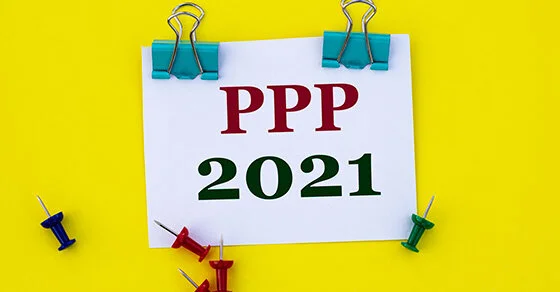If your child is fortunate enough to be awarded a scholarship, you may wonder about the tax implications. Scholarships and fellowships are generally (but not always) tax free for students at elementary, middle and high schools, as well as those attending college, graduate school or accredited vocational schools. It doesn’t matter if the scholarship makes a direct payment to the student or reduces tuition. However, certain conditions must be met. A scholarship is tax free if it’s used to pay for tuition and fees required to attend the school, and fees, books, supplies and equipment required of students. Room and board, travel, research and clerical help don’t qualify. Contact us to learn more.
5 possible tax aspects of a parent moving into a nursing home
You may have loads of student debt, but it may be hard to deduct the interest
If you have student loan debt, you may wonder if you can deduct the interest you pay. The answer is yes, subject to certain limits. However, the deduction is phased out if your adjusted gross income exceeds certain levels. The maximum amount of student loan interest you can deduct per year is $2,500. For 2021, the deduction is phased out for single taxpayers with AGI between $70,000 and $85,000 ($140,000 and $170,000 for married couples filing jointly). The deduction is unavailable for singles with AGI of more than $85,000 ($170,000 for married couples filing jointly). The interest must be on funds borrowed to cover qualified education costs of the taxpayer or his spouse or dependent. Contact us for more information.
SBA streamlines forgiveness for smaller PPP loans
The Small Business Administration (SBA) has released new guidance intended to expedite the forgiveness process for certain borrowers under the Paycheck Protection Program (PPP). The simplified process generally is available for loans of $150,000 or less, which the SBA reports account for 93% of outstanding PPP loans. The guidance comes at a time when many borrowers are nearing a critical deadline regarding their applications for forgiveness.
There’s currently a “stepped-up basis” if you inherit property — but will it last?
If you’re planning your estate, or you’ve inherited assets, you may not know the “basis” for tax purposes. Under the current rules (known as the “step-up” rules), an heir receives a basis in inherited property equal to its date-of-death value. For example, if your grandmother paid $500 for stock in 1935 and it’s worth $1 million at her death, the basis is stepped up to $1 million for your grandmother’s heirs, and that gain escapes federal income tax. Be aware that President Biden has proposed ending the ability to step-up the basis for gains exceeding $1 million (with exemptions for farms and family businesses). Contact us for tax help with estate planning or inheritances.
PPP forgiveness and repayment: What businesses need to know now
A critical deadline is approaching for many of the businesses that have received loans under the Paycheck Protection Program (PPP), which was created in March 2020 by the CARES Act. If these borrowers don’t take action before the deadline expires, their loans will become standard loans, and the borrowers could be responsible for repaying the full amount plus 1% interest before the maturity date. In addition, some borrowers could face audits.
Can taxpayers who manage their own investment portfolios deduct related expenses? It depends
Do you have significant investment-related expenses, including the cost of subscriptions to financial services, home office expenses and clerical costs? Under current tax law, these expenses aren’t deductible through 2025 if they’re considered investment expenses for the production of income. But they’re deductible if they’re considered trade or business expenses.
IRS extends administrative relief for 401(k) plans
In Notice 2021-40, the IRS recently announced a 12-month extension (through June 30, 2022) of its temporary relief from the requirement that certain signatures must be witnessed “in the physical presence” of a 401(k) plan representative or notary public; instead, audio-video technology can be used. The relief was provided primarily to facilitate plan loans and distributions under the CARES Act, but it applies to any signature that is required to be witnessed in the physical presence of a plan representative or notary public. This includes spousal consents. Notice 2021-40 also requests comments regarding whether permanent modifications should be made. Contact us for more information.








